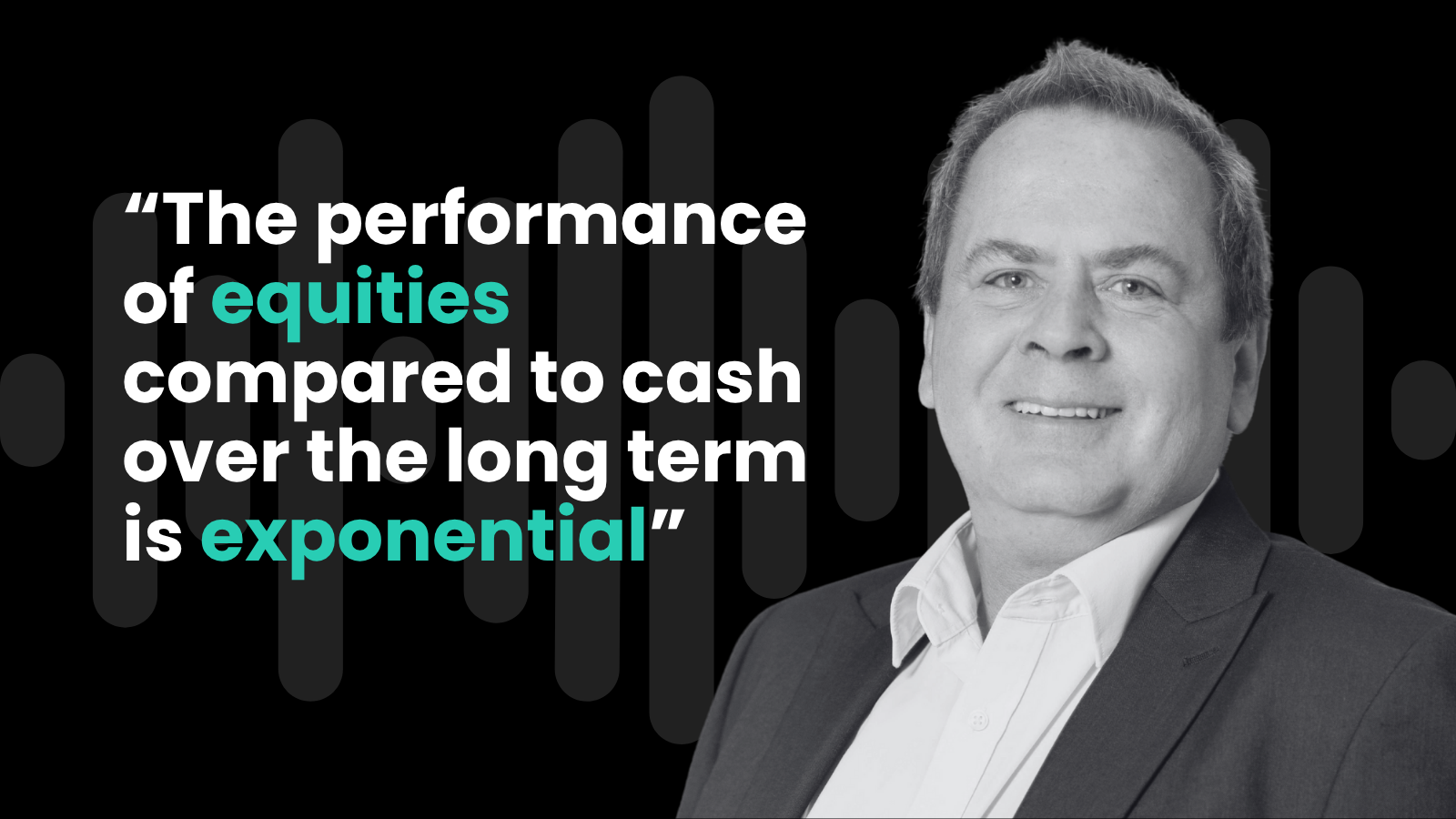A quick look at a newspaper or watching the news on television is enough to turn one to drink, however Whisky Investment Partners argues that turning to drink might be good for your pension pot.
The specialist whisky cask stockist, based in Leeds and London, offers investors the chance to invest in casks of Scotch whisky and rum at wholesale prices. The company said that over the last ten years, Scotch Whisky has shown that it is a reliable and safe asset to invest in.
Why are savers turning to whisky investment?
Karan Bhullar, a partner at Whisky Investment Partners said: “With under pressure pension pots now forcing many to work into their late 60s, savers are turning to whisky investment in order to earn themselves an early, or more prosperous retirement.”
The investment advisor explained that the majority of the UK’s current workplace pension schemes have not changed since they were introduced in 2012, with the minimum contribution from automatic enrolment being just 8% of earnings and 3% from employers.
Bhullar continued: “Long term, this leaves the majority of workers having limited nest eggs to spend on leisure, food, and drink when they retire. Reports reveal that a worker born in 2000 with an average salary of GBP30,576 would retire at 68 with a pension paying just GBP6,537 if they stuck to minimum contribution.”
That is a far way off the essential retirement income target of GBP18,000 per year required to support a two-person household , which is only set to worsen in line with ever-increasing inflation rates.
However, Bhullar explained that diversifying into alternative investments, including Scotch, can be a solution to create the kind of returns that will help retirees maintain a comfortable retirement lifestyle.
Bhullar cites the example of one of Whisky Investment Partners’ clients, 60-year-old ex-bank manager, Roger Parfitt, who initially invested GPB4,700 in whisky casks 27-years ago. Parfitt sold his holding for GBP225,000 last year – a 4,600% return.
Sustained returns from whisky investment
According to Whisky Investment Partners, Scotch whisky has an export value of GBP4.9bn a year and represents 70% of all Scottish food and drink exports. It adds that Scottish cask whisky ownership has consistently delivered average returns of between 8% and 12% a year “in recent decades”.
Whisky is a tangible asset – like gold – and arguably an inflation hedge. The most rapidly growing market for whisky is Asia, where higher disposable incomes are driving demand. Other key emerging markets include Brazil and China, which continue to grow strongly. Emerging market consumers value rare, single-malt whiskies.
The suspension of tariffs in the USA has seen an increase in exports and this is expected to continue, while additional drivers of growth post-pandemic include consumers returning to bars and restaurants and international travel and tourism increasing.
To be called Scotch whisky, the spirit must mature in oak casks in Scotland for at least three years. An estimated 22 million casks lie maturing in warehouses in Scotland.
Whisky as an investment makes an interesting proposition but should be looked at as part of a diverse portfolio. And if markets continue their decline, we’ll all need a stiff drink.






















